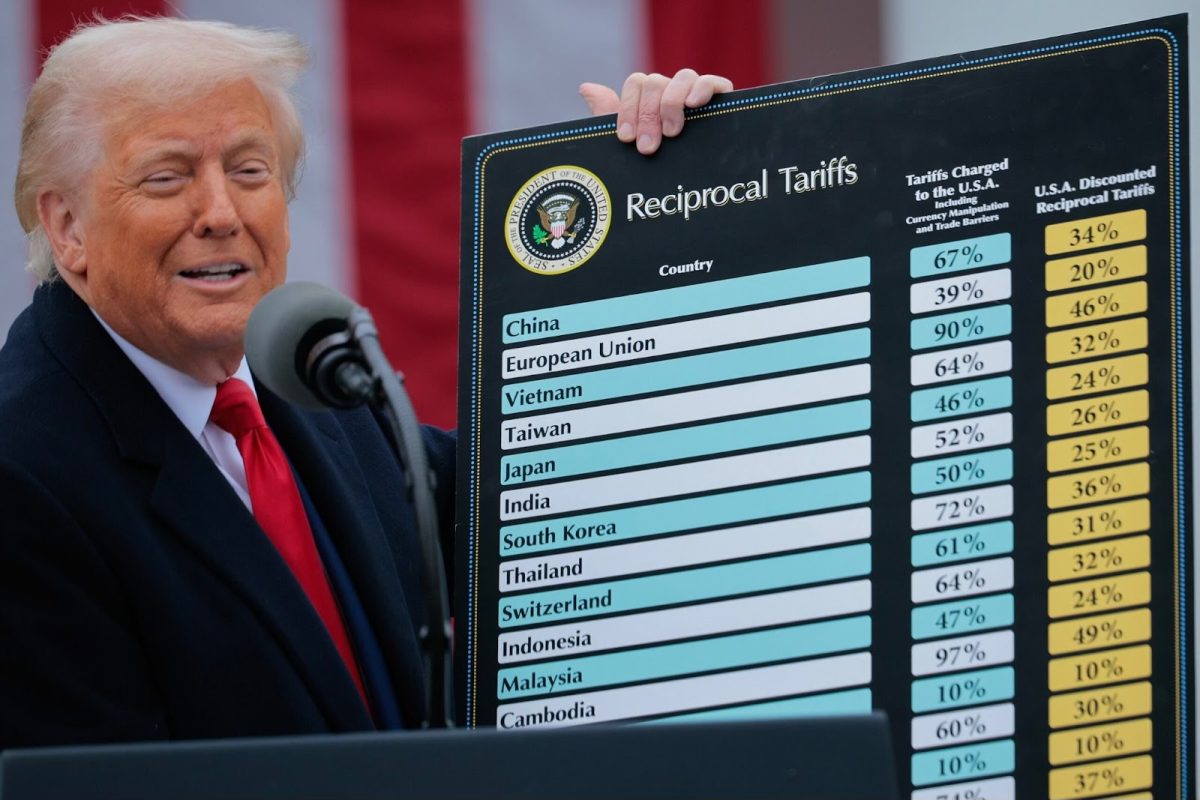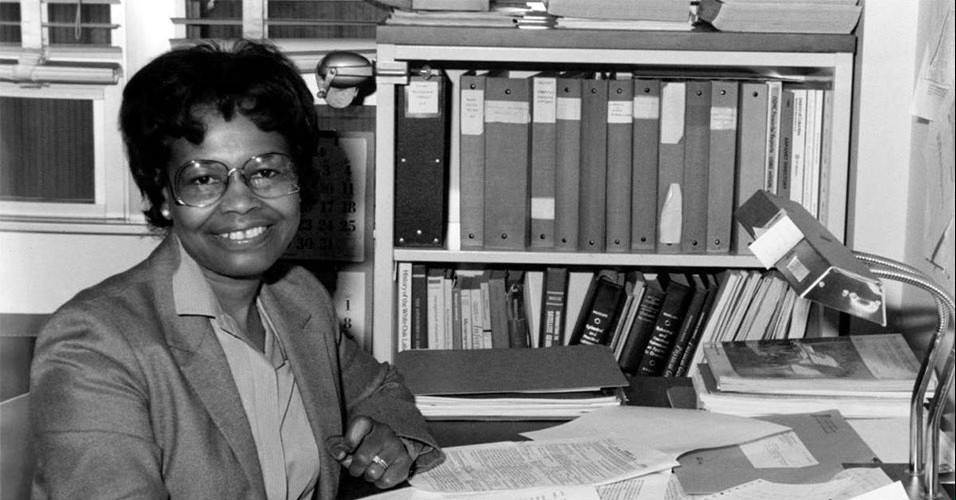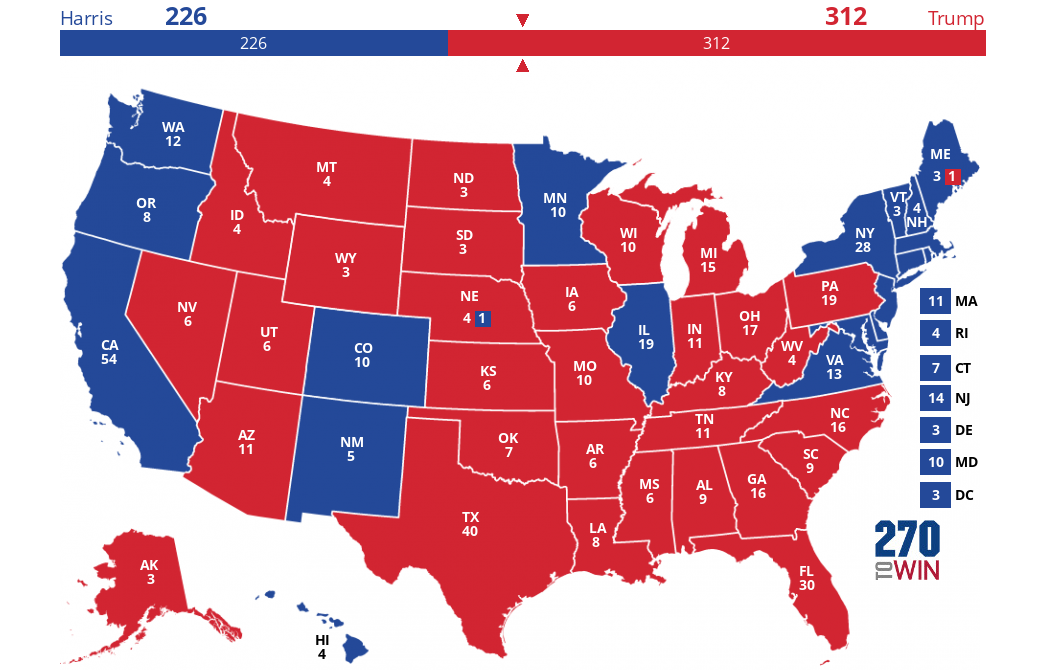The Currents Section
The FCC repealed Net Neutrality—so what?
We love the internet. It provides unprecedented access to information, connects people from across the world, and constantly evolves to make our lives a little more convenient. The internet allows us to do so much so quickly. But as much as we love a fast internet connection, we seem to despise [the threat of] a slow, buffering connection even more.
The Federal Communications Commission voted to repeal the net neutrality rules established in 2015, which required internet service providers to guarantee individuals equal access to online-content and prohibited preferential treatment for websites. Some, most notably FCC Chairman Ajit Pai, argue that this repeal will “free the internet” and allow its growth.
Nevertheless, the public has not kept quiet about how it feels. Many have taken to social media to critique Ajit Pai, express their grievances, or both. And although this repeal will not cost you a fee every time you use the internet, there are legitimate concerns over how our internet use will be affected. Internet providers may begin to use bundling systems and demand specific prices for access to specific sites. Additionally, companies could engage in preferential treatment, in which the highest payers are granted the fastest internet. This prioritization would be particularly harmful to small Ecommerce businesses.
Despite the controversy and speculation, only time will tell whether or not this repeal will change how we use internet.
Seven Words the CDC [might’ve] Banned
“vulnerable,” “entitlement,” “diversity,” “transgender,” “fetus,” “evidence-based,” “science-based”
The words listed above were supposedly prohibited from appearing in the 2018 CDC budget under the request of Trump’s administration. However, the CDC director denies claims of overt censorship, suggesting instead that it was all “misunderstanding.”
The United States expresses bold position on Jerusalem: uncertainty over consequences
Although the United States recognized Jerusalem as the capital of Israel, the UN Security Council urged the declaration to be redacted. Proponents of the decision say that Jerusalem is now, has always been, and will forever be the capital of Israel. Many fear that the contentious history will be reignited seeing that this decision has incited an intifada. Opponents of the decision think the Trump Administration’s decision was both incendiary and a poor act of diplomacy.
Democrat Doug Jones wins Alabama election following weeks of speculation
In the special election for Alabama Senator, Doug Jones defeated Republican candidate Roy Moore. Despite Alabama being deep red territory, recent sexual harassment allegations greatly reduced Republican voter turnout on election night, allowing Jones 49.92% of the vote. However, Moore has not yet conceded to his opponent’s victory and urged a recount, much to the chagrin of the local Republican Party, but was denied his request.
Categories:
In 500 Words or Less: Net Neutrality, CDC “Word Ban”, Alabama Election, Jerusalem
December 22, 2017






